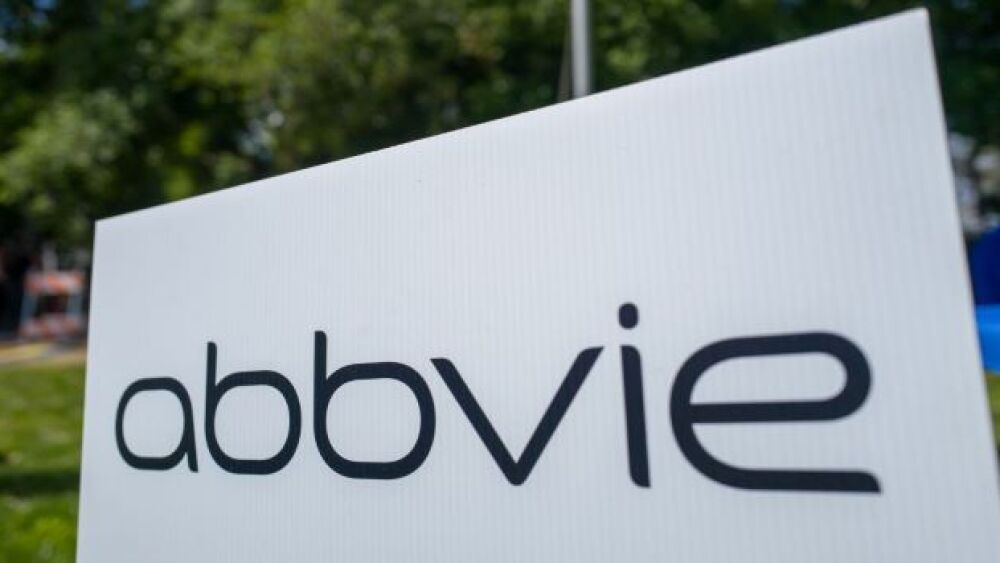In a filing with the SEC, Abbvie’s decision to terminate came after the two firms jointly conducted a review of their next steps for the drug.
Courtesy of Smith Collection/Gado/Getty Images
AbbVie has ended its collaboration deal with Alector to develop one of two potential Alzheimer’s Disease drugs.
The antibody drug in question, AL-003, was designed to target the receptor CD33, a checkpoint receptor found in the brain’s immune cells. AbbVie signed a co-development and option agreement with Alector in October 2017. The goal was to tap into the latter’s unique approach to utilizing the immune system to fight neurodegeneration. For that deal, Alector received $205 million upfront, with the potential to gain as much as $20 million.
In a filing with the Securities and Exchange Commission, the decision to terminate came after the two firms jointly conducted a review of their next steps for the drug. On June 30, AbbVie gave written notice that it was no longer interested in pursuing AL-003.
The document does not provide any details on why AbbVie is discontinuing. That company has also yet to make an official statement regarding the matter.
Alector’s shares dropped 7 cents to close at $11.49 per share shortly after the SEC filing was made public.
However, the relationship isn’t totally severed between the pair as they are still working to develop AL002, which is focused on targeting triggering receptors expressed on myeloid cells 2 (TREM2) also for Alzheimer’s Disease. Interest in AL002 is based on positive results from the INVOKE-2 Phase II clinical trial, which looked into the safety and efficacy of the drug in slowing disease progression in people living with Alzheimer’s.
AL002 is an investigational, humanized monoclonal antibody whose role in potentially treating Alzheimer’s was first identified in large-scale genome-wide association studies. Researchers found that reducing TREM2’s functionality may contribute to AD progression and other types of dementia. By increasing TREM2 in the brain, there may be a way to target multiple pathologies linked to the disorder instead of just focusing on one pathology type.
“Loss of TREM2 activity has been shown through human genetics to be one of the notable risk factors for developing Alzheimer’s disease. AL002 is a first-in-class TREM2 targeting antibody in Phase 2 clinical development for [the disorder],” Robert Paul, M.D., Ph.D., chief medical officer of Alector said in an earlier statement.
In the same press release, Michael Gold, M.D., vice president of development neurosciences at AbbVie, added, “Alzheimer’s is a devastating disease that robs a person of their identity, and a family of their loved one. We are hopeful that AL002 may one day be a treatment option for the millions of people diagnosed with this disease.”





